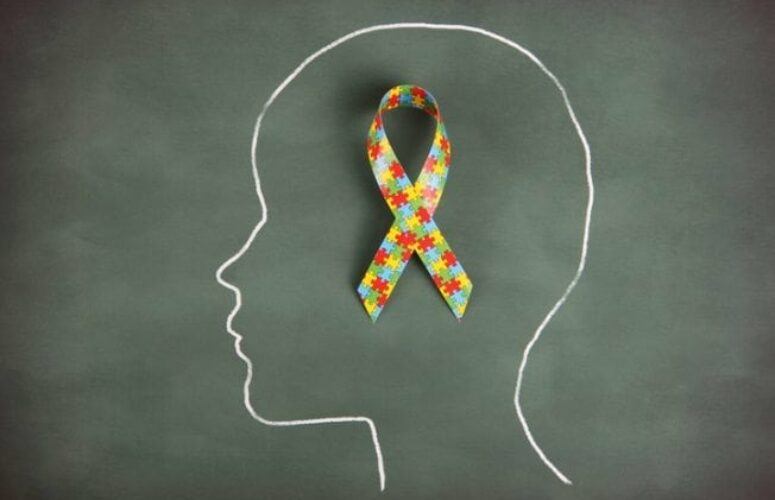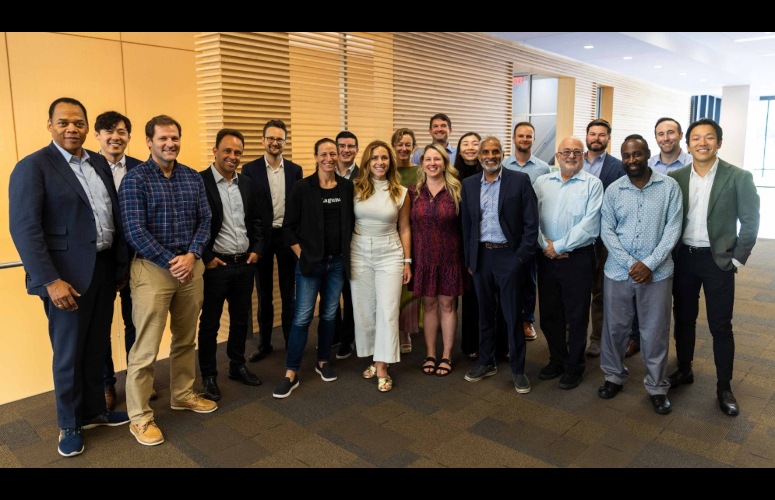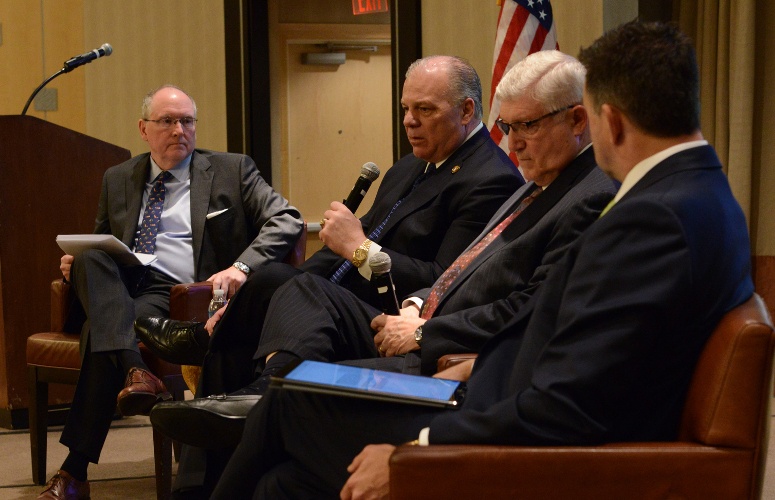
Kessler Foundation Launches Center for Autism Research
On Apr 15, 2022Kessler Foundation opens the Center for Autism Research in East Hanover, which is dedicated to developing evidence-based research for children, adolescents and adults on the autism spectrum.
The new facility’s focus is to improve quality of life for neurodiverse individuals who communicate, interact, behave and learn differently than neurotypical people. The Center will explore outcomes and develop interventions for adults and children on the spectrum, with particular focus on the critical transition from adolescence to adulthood.
Helen Genova, PhD, neuroscientist and associate director, is leading the newly formed team. Dr. Genova is known for her research in disorders of social functioning in populations with autism, brain injury and multiple sclerosis, with broad-based funding from federal, state, and private sources.
“Today marks a turning point in autism spectrum disorder research,” said Rodger DeRose, president and CEO of Kessler Foundation. “With the support of our donors and the work of our scientists and collaborators, we are confident that our Center for Autism Research will deliver much needed behavioral breakthroughs to the autism community,” he said.
The Center directly involves the autism community in multiple aspects of research, ensuring that the science is informed by those who matter the most. “By engaging the autism community, the Center will objectively deliver meaningful and accessible results to clinicians, educators, parents, and individuals on the autism spectrum,” added DeRose.
“By exploring the complexities of autism, our Center will become a leading force in achieving new gains for individuals on the spectrum,” stated DeRose.
“Our goal is to develop easily accessible tools for individuals on the spectrum to overcome barriers they face in community integration and social functioning. To address these issues, we are implementing principles of positive psychology, virtual reality technology, web-based interventions, and neuroimaging,” explained Dr. Genova.
Historically, research and treatments have focused on deficits in the lives of individuals on the autism spectrum and attempts to control their problematic behaviors. “To reverse that negative pattern, we are using a strength-based, rather than a deficit- or pathology-based approach, to evaluate how young adults with and without autism identify and express their personal identities,” added Dr. Genova.
Research in autism has been underway for more than a year at the Foundation, where Dr. Genova’s team has worked on numerous studies, instituting a range of techniques and groundbreaking tools.
“We’ve established the novel Kessler Foundation Strength Identification and Expression (KF-STRIDE®), a web-based training tool to help young adults on the autism spectrum understand their strengths and how to convey them on job interviews. The intervention’s goal is to improve the likelihood that transition-age youth on the autism spectrum will secure employment,” said Dr. Genova.
In addition, the team conducted a survey during the COVID-19 pandemic discovering more negative consequences and markedly different stressors for children with autism compared to neurotypical children. And in collaboration with the Rocco Ortenzio Center for Neuroimaging at Kessler Foundation, Dr. Genova’s team evaluates the relationship between brain function and how traits of autism are expressed.
To access more business news, visit NJB News Now.
Related Articles:





